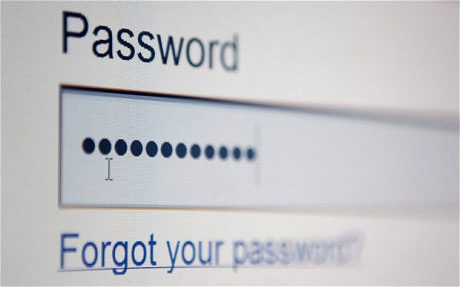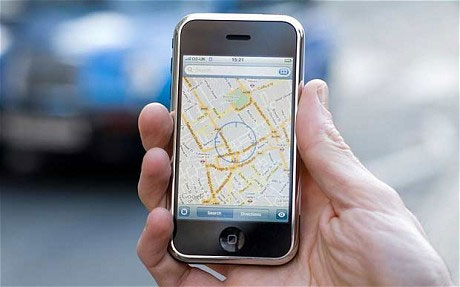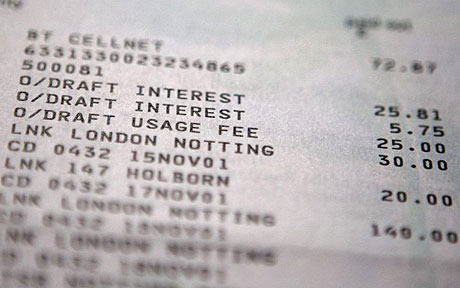10 ways to protect yourself on the Internet
The growth of social networks like Facebook or Google+ has created a huge "gold mine" for criminals. Even if users have customized privacy settings carefully, they can still be attacked by hackers - especially if they allow social networking applications to access their personal information.

Once the hacker has obtained information such as your location, date of birth and family relationships through social networks, they can use this information to access bank accounts as well as Your cloud storage accounts.
Recently, an electronics insurance company called Protect Your Bubble has launched a US campaign called ProtectYourProfile.com to assess the possibility of a computer being hacked through the user's Facebook account. Stephen Ebbet , global director of Protect Your Bubble , offers 10 useful tips to prevent online account hijacking.
1. Do not put important personal information on social networks
Information like your child's phone number, address, age and school may pave the way for hackers to gather more sensitive information. On Facebook, you should " unfriend " all friends who do not know, reduce the amount of information displayed in the About Me section and limit the " Like" button. These measures will help you anonymously better, especially when Facebook offers the Graph Search feature in the future.
2. Change privacy settings
You should change the privacy option for your entire account to " Friends " (" Friends ") to protect your personal page. Occasionally, Facebook may change a lot of settings and may change "implicit" settings that you edited.
3. Protect your online password & choose a good password
Too many users of easy-to-remember passwords like 123456 or birth date. The easier the password is, the easier it is to crack. You should choose complex passwords ( combining letters, numbers and special characters ).

4. Use different passwords on different accounts
If only one password is used for all accounts on the network, when an account is attacked, hackers can access all private data on your other accounts.
5. Check privacy options on the phone
Turn off the GPS options for your location, and also avoid putting your family address on Facebook.

6. Be careful with phishing emails (phishing)
Types of phishing emails are getting more and more sophisticated. Remember to absolutely not reply to emails that require a username and password. Banks and other services never ask you to provide information in this way. When unsure, call the bank to confirm, and delete the phishing emails.
7. Keep your Wi-Fi network safe
Set a password for your Wi-Fi network, so hackers will not be able to use your network to commit bad behavior.
8. Check if the browser is using https protocol
Before providing payment information to any website, check if your browser is displaying an address that starts with https, ( instead of an http with no 's' at the end ). If this site does not use https, do not use this site.

9. Note bank statements every month
Please read the statement every month to see if any money is transferred to "strange" recipients. If so, you may have been attacked.
10. Watch out for suspicious cases when you're not online
When receiving suspicious offers or strange credit cards that are not directly requested by you in the mailbox, throw them away immediately.